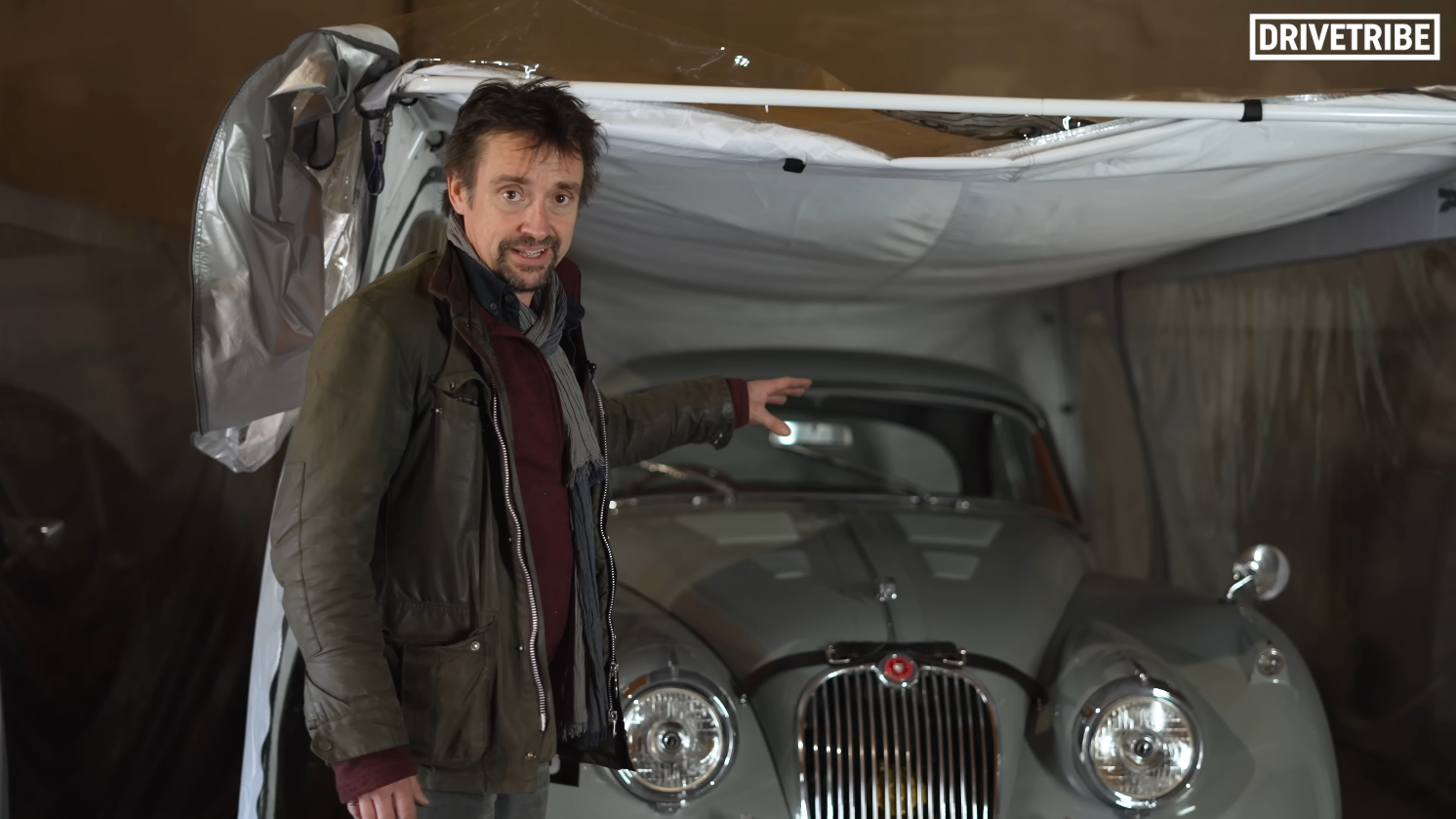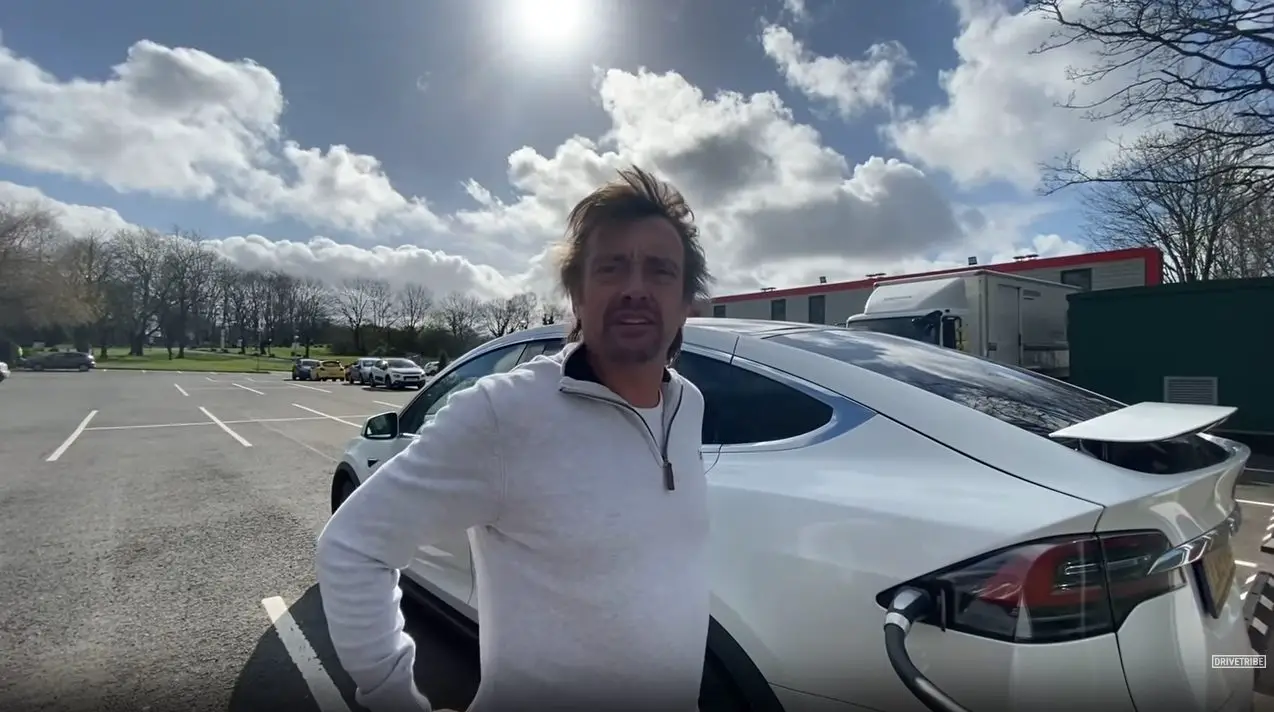Richard Hammond Discusses Leaving Top Gear: A Decision Made Clear After Jeremy Clarkson’s Exit
Richard Hammond disclosed that his departure from Top Gear was an apparent choice following Jeremy Clarkson’s dismissal. Hammond, reflecting on the pivotal moment, shared insights on the impact of Clarkson’s exit and the consequent decision he and James May made.
Key Takeaways:
- Immediate Decision Post-Clarkson’s Exit: Richard Hammond, alongside James May, resolved almost immediately to leave Top Gear after Jeremy Clarkson was sacked from the BBC motoring show. This decision stemmed from their long-standing camaraderie and professional bond with Clarkson.
- Hammond’s Acceptance of Leadership Style: In a conversation on BBC Radio 2, Hammond admitted his preference for being a “foot soldier” rather than a leader, influencing his stance on not contesting the BBC’s decision to sack Clarkson.
- Transition to Amazon Prime and Creative Freedom: The move to Amazon Prime with a new car show has opened avenues for creative exploration for Hammond, Clarkson, and May. Despite the pressure to succeed, they find themselves in an unexpected yet exciting phase of reinventing their careers.
Richard Hammond’s recent discussion on the Steve Wright in the Afternoon show on BBC Radio 2 shed light on a significant turning point in his career – the moment he knew he would leave Top Gear. This decision followed closely after his co-presenter Jeremy Clarkson was dismissed from the show for an altercation with a producer.

Hammond, aged 45, offered a candid view of the circumstances leading to his departure. He and fellow presenter James May felt a strong sense of loyalty to Clarkson, which heavily influenced their decision. Hammond stated:
“It all became a bit obvious past a certain point, you know, we do what we do and for whatever reason and whether you agree or not there are those that think we do it quite well, so it became obvious and I thought, well if we’re going to carry on doing that, we’ll do it together.”
In an environment where decisions and leadership often define career paths, Hammond’s admission about his leadership style was refreshing.
“I’m not a born general. I’m a very happy, very good foot soldier so I’d far rather somebody else blows a whistle and tells me what to do and then do it well,” he explained.
This self-awareness played a role in his reaction to the BBC’s decision regarding Clarkson.
The transition to Amazon Prime with a new car show signified a new chapter for Hammond, Clarkson, and May. Despite the pressures and expectations, it presented an opportunity to be more creative and explore new horizons. Hammond acknowledged this shift in dynamics and the excitement it brought, saying:
“We’re now positioned somewhere where none of us would have expected to be a year, two years, three years ago – poised to reinvent ourselves, to be creative in a way we would never have been.”



